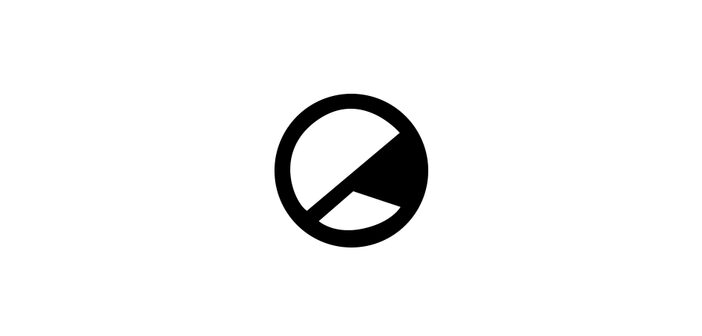Blade Runner 2049 has plenty on offer for the die hard fans of the original, all wrapped up in a compelling story, but ironically the pacing of this runner's adventure falters.
-
8
35 years, and multiple cuts later, we return to the world of the replicants and the runners in Blade Runner 2049, much-anticipated sequel to Ridley Scott’s sci-fi trailblazer. With a film that has developed such a cult following over the years, there is an audience divide as some may have never even seen the original. This film is made for, and by, people who have a great love and affection for Blade Runner. This is made clear from the opening shot, with the return of the famous all-seeing eye. This is also the films main issue, however, as it becomes very self-indulgent in how it revisits the originals themes, resulting in a 163 minute run time and the pacing does suffer.
However, director Denis Villeneueve clearly adores the original, and for fans this is both evident and, most importantly, a huge bonus. The motifs of eyes and hands return as 2049 studies the same themes of what it means to be human. The film is also wise and inventive in finding fresh ways to deal with these topics, specifically the romantic plotline of Ryan Gosling’s character with an A.I which beautiful and profound sequences.
Equally inventive is the execution of the plot. Ridley Scott as director is replaced by the aforementioned Villeneuve who has recently had huge sci-fi success with Arrival. A parallel between 2049 and Arrival is clear in how it demonstrates Villeneuve’s ability to tease and trick the audience as to the plots direction. The plot of Blade Runner 2049 is a thrillingly unpredictable mystery, with twists and turns that do a large part to make up for the pacing issues. Villeneuve also respects his audience’s intelligence in this regard, as the film doesn’t spell out clearly the twists when they occur, which results in a narrative that is well executed and compelling, and also ties into the original very well.
Tying into the original also it how the film deals with the futuristic setting. One of the most striking features of the original is how well realised and visceral the futurist world is. In this film, the vision of the future dystopia is updated, and while there are clear references to the originals vision of Los Angeles, the film carves out a new world. The visual effects which bring this world to life are atmospherically superb, as a gritty, dark echo of the original is created. Visual mastery of the film is to be expected with famous cinematographer Roger Deakins on board. That being said, not all of Deakins, nor the effects team’s decisions are perfect. The new world created is a murky one, and in some sequences this effect is carried to rather bizarrely over the top lengths.
Which leads back to the main flaw of the film, its tendency to over indulge in certain aspects, particularly thematic exploration. While the film is brilliant in how it goes about this exploration of the definition of humanity, the film can’t help but drag in parts. Alike the original, it would benefit from a recut, as many audience members will not be nearly captivated enough throughout its large runtime. The sombre tone that the film adopts, the branching narrative and the wide philosophical ground the film tries to cover, does weigh it down and results in it feeling meandering and slow at times.
As for the performances, Ryan Gosling and Harrison Ford are both on top form, Gosling in particular providing strong work. Gosling’s characters journey of self-discovery bares many similarities to Ford’s Deckard in the original film, and Gosling is perfectly understated in a largely subtle role. He is able to covey so much emotion with small facial expressions to make for an impressive performance. Other characters of note include the A.I mentioned who is the romantic interest, played by Ana de Armas. Alike the romantic relationship of the original film, the biggest praise it can receive is that it makes a relationship with an artificial being feel genuine and authentic. Armas and Gosling’s scenes together make for some of the most engaging and inventive in the whole film. Jared Leto’s villainous character of Niander Wallace is a little off note, as in a film series that deals explicitly with what it means to be human, his character seems wholly inhuman and has little motivation outside of his ambition.
Blade Runner 2049 is definitely not to everyone’s taste, much like its predecessor. Whereas the original was more streamlined and disciplined in its exploration of themes of defining humanity, this venture dives headfirst into them, and for some it may be all too much. However, for fans of the original this is a rewarding sequel with much to discuss. While the film isn’t perfectly paced, Villeneuve and the whole crew’s attention to detail and care for the project shines through. The storyline is a major selling point, and the way it unravels is extremely clever. The films score acts to echo that of the original, much like other parts of the film, but there is enough originality here to make for an accomplished sequel.
Blade Runner 2049 (2017), directed by Denis Villeneuve, is distributed in the UK by Warner Bros, Certificate 15.





1 Comment
Enjoyed reading this review. Will go back now and watch the original in entirety before heading to the cinema for the 2049 version.